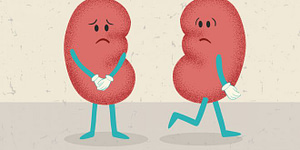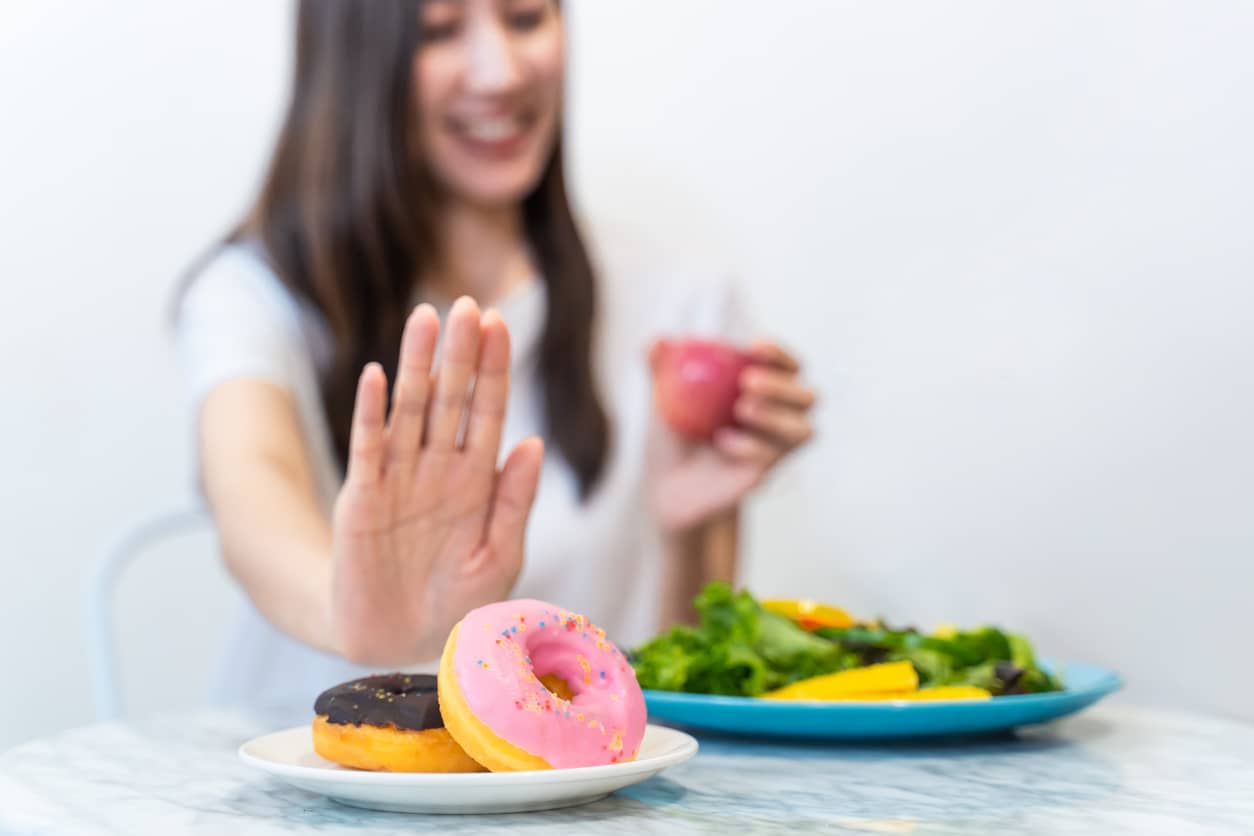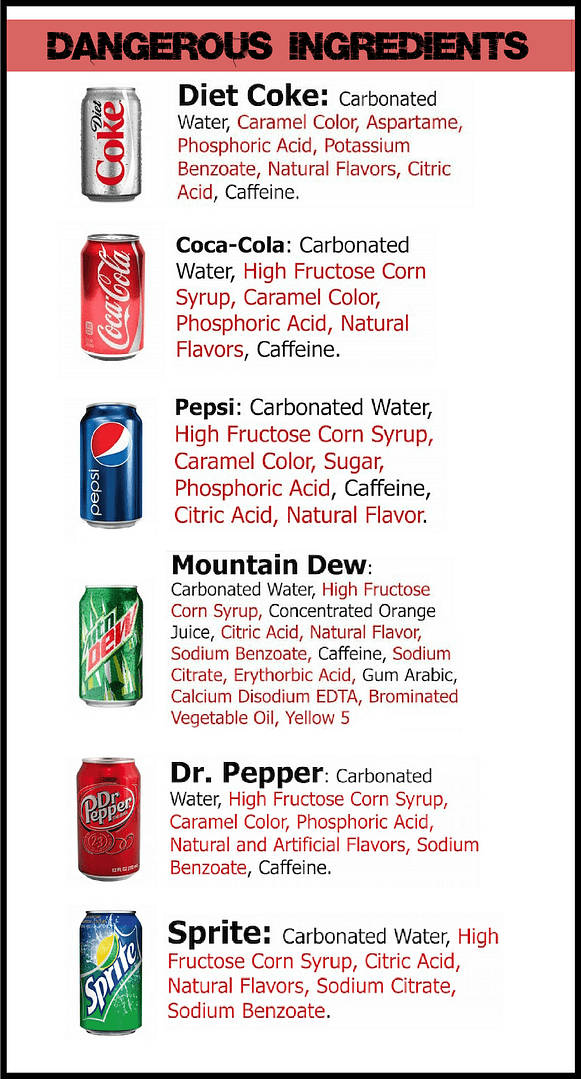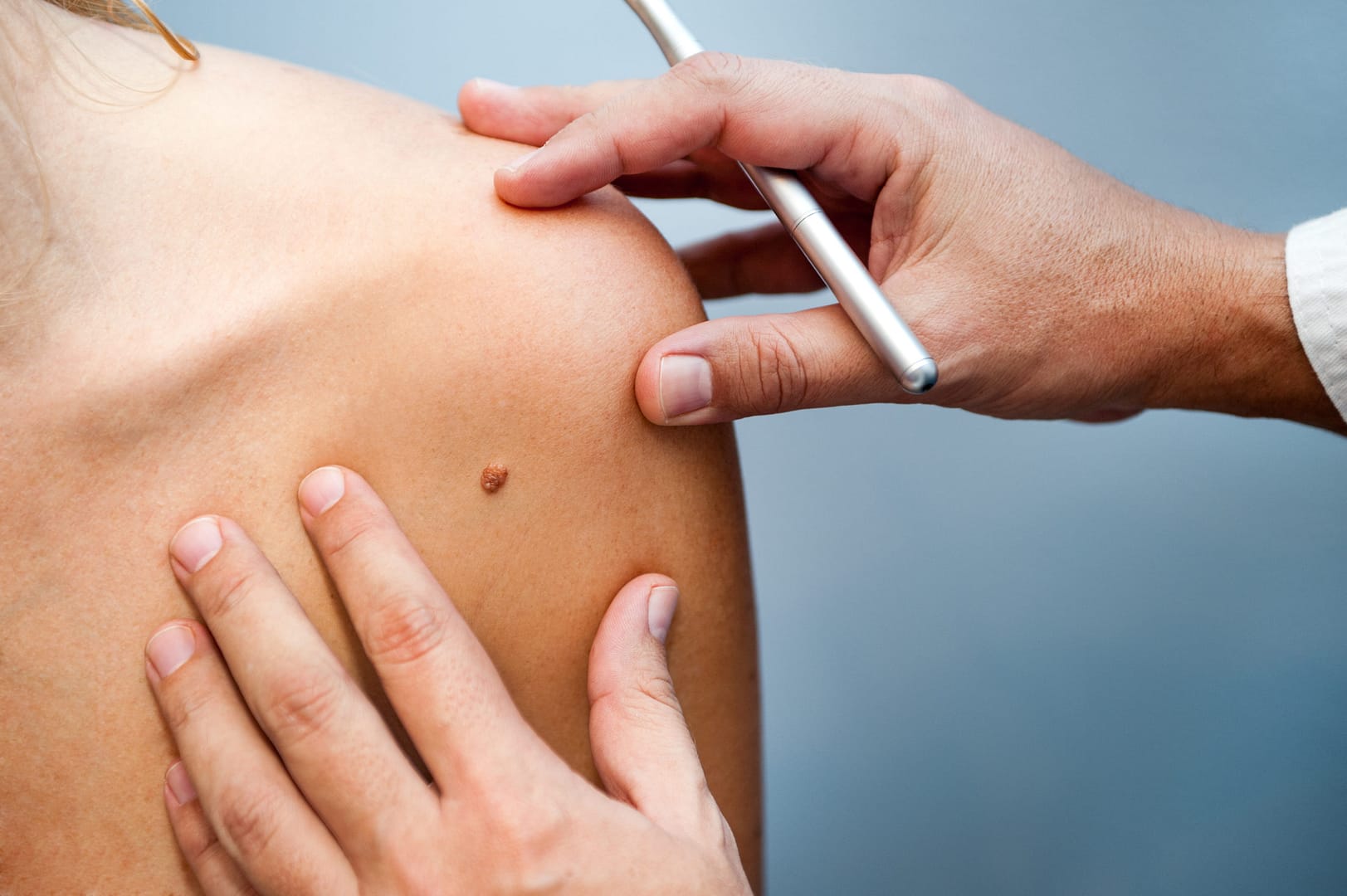I’m sure you’ve heard of it. You’ve probably even wondered if it’s for you. The Keto diet seems to be everywhere, with videos of people putting butter in their coffee while eating plates full of bacon. The craze of Keto has grown to an early 2000’s Atkins-size fad. What have we learned about fads? They always come with drawbacks.
While the Keto diet can be successful, like everything, it has its problems. One of the biggest issues is that people are going at it alone—people without a background in nutrition, people who may have underlying issues that have dangerous consequences when met with the Keto diet. They are self-diagnosing themselves and entering a complicated process. They do this by simply googling how-to guides written by people they don’t know and trust blindly. Here’s the problem with that:
Meet Jim…
Jim has decided that he’d like to try the Keto Diet because he wants to lose weight and Larry-at-work’s wife is doing it. Jim is really unhealthy. He’s overweight, suffers with diarrhea, foggy brain, fatigue, and eats mostly processed foods. We’d hope for Jim to google “nutritionist near me,” but that wasn’t what Larry-at-work’s wife did. Instead, he googles “Keto diet” and just trusts the first thing that pops up. He skims over a long-winded introduction with words like Ketogenics, Ketosis, and Ketone bodies, and gets down to the 7-day Keto meal plan that who-the-heck-knows created. Jim doesn’t know the difference between healthy fats and bad fats, so he just googles “fats.”
Jim is over the moon. It’s the easiest diet he’s ever tried. He can put butter in his coffee, eat loads of bacon and all the animal fats, a bottomless supply of oozy cheese, and every processed fat the internet has to offer. He eats too much protein and none of the right kind. He never drank enough water to begin with, so he doesn’t know what that number looks like now. The 7-day Keto meal plan didn’t say anything about fasting, so Jim doesn’t do that either.
Fast forward one month… Jim feels like crap. He goes to his doctor and they decide to run a few tests. Bad news: Jim’s LDL (the bad cholesterol) is a frightening 193 mg/dL. At his last check up, his cholesterol was a bit concerning—it was why he decided to get serious and lose the weight in the first place! Now his levels are just straight up alarming.
So, what happened? Why did the Keto diet work for Larry-at-work’s wife, but make Jim worse? For starters, we’re not sure it did work for Larry’s wife. We only know that she was trying it. I’m sure Larry left out the “Keto flu” his wife experienced and all the other gory details. Also, it’s important to remember that no two bodies are alike. What works for one isn’t going to work for the other. If Jim had done the right thing for his situation and headed into Forum Health Clarkston, he would have learned right then that his body was not even ready for a professionally guided Keto diet. He had some serious gut work to do before even considering that route.
What is the Keto Diet?
Somewhat similar to the Atkins diet, the Keto diet focuses on a low-carb diet plan. It was developed to mimic the same beneficial effects of fasting that were discovered in the 1920’s and used to treat patients with epilepsy. To put it simply, the Keto diet works by “tricking” the body into thinking it is fasting. It does this through a strict elimination of glucose that is found in carbohydrate foods that eventually forces the liver to produce an energy-rich substance called ketones. At this point, the body then enters a state of “Ketosis.” 
What is Ketosis?
Ketosis takes place when glucose from carbohydrate foods, such as grains, and all sources of sugar or fruit, are drastically reduced. This then forces the body to find an alternative fuel source: fat. Yes, the word FAT is scary. It provokes all kinds of fear with its associated words like weight gain and heart disease. I know, but hear me out because this is important: fat is also your body’s second preferred source of energy when carbohydrates are not easily accessible. In other words, your body is burning fat for energy rather than carbohydrates—BUT they must be HEALTHY FATS, such as avocados, nut butters, olives, coconut oil, salmon, tofu, eggs, lean grass-fed beef, and uncured pork, parmesan cheese, and ghee.
In this process, you lose weight and excess body fat, even when consuming lots of fat and adequate calories through their diet. As the body starts to burn fat, it produces Ketones. Once Ketone levels in the blood rise to a certain point, your body enters a state of Ketosis — which, when done correctly and under professional supervision, usually results in quick and consistent weight loss until you reach a healthy, stable body weight.
The Dangers in Keto…
- People who suffer with underlying issues like kidney or liver issues can cause great harm to themselves on the Keto diet. One of the side effects of a Keto diet is the formation of kidney stones. In a state of ketosis, your kidneys are overworked: “In processing higher amounts of protein, your kidneys work hard and are forced to excrete more sodium, calcium and potassium, as well as filter more of the byproducts of protein metabolism. This extra fluid and electrolyte loss can cause low blood pressure, another function mediated by your kidneys” (Dr. Axe). In other words, a Keto diet can be life threatening to those with kidney issues. This is especially important for people who don’t realize that they have kidney issues and try to heal themselves without guidance—you are doing more harm than good.

- While the Keto diet can cause weight loss, it can also bring on a serious case of nausea, fatigue and constipation. This can be downright scary when doing the diet without professional guidance.
- So far, research has only been conducted on studies of male subjects (and mice) participating in the Keto diet. I’m sure you do not need to be told that men and women (and mice!) are different. Therefore, women considering the Keto diet need to weigh out their options. There is an entirely new concern to think about when it comes to the effects of dieting on hormones. With the appropriate guidance from Forum Health Clarkston, a woman can decide what weight loss program works best for her while keeping her hormones properly regulated.
Final Thoughts…
The Keto diet should only be done under clinical supervision and for brief periods of time. We tend to get excited when we see those ads flash across our Facebook feed that promise bikini-ready bodies in lightning speed. Like most things that seem too good to be true, it probably is just that. While the Keto diet can bring success, what those ads fail to share is that it’s not for everyone, it’s not an easy process, and it needs to be done with professional guidance.
Do you want to know if the Keto diet is for you? We can help you find out. Give us a call to set up an appointment: 248-625-5143. We’ll discover the best plan for your body.
Adrian Schirr
Forum Health Clarkston
7300 Dixie Hwy, Suite 500, Clarkston, MI 48346
248-625-5143
References:
Dr. Axe
Healthline.com







